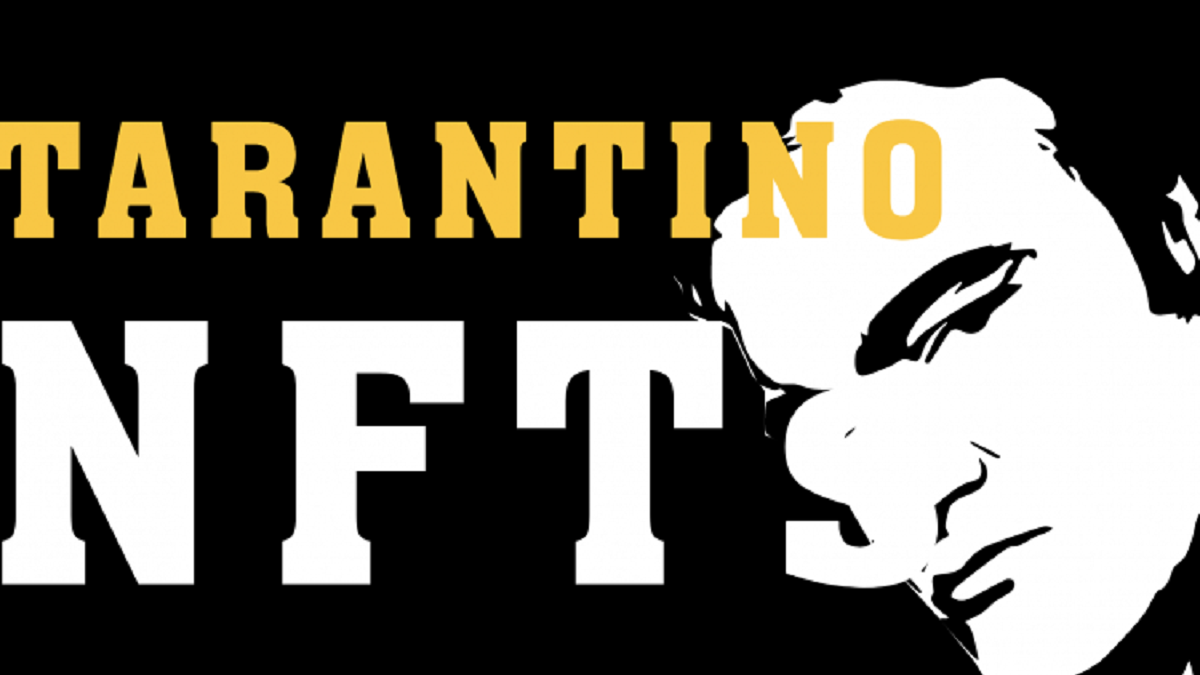While Quentin Tarantino’s NFT sale may have been warmly received by many, Miramax is not among them. In fact, the company has filed a lawsuit against the veteran director; with spectators arguing that it shows Miramax getting ‘medieval’ on Tarantino.
For graphic artists like Frank Miller and Nick Percival, as examples, the world of NFTs has been a driving force for reviving and bringing their work to a new generation of digitally-literate users. But, in Tarantino’s case, it’s not so clear-cut.
Here’s an excerpt from JDSupra‘s coverage, including Miramax’s complaint:
“According to Miramax’s complaint, Tarantino is “eager to cash in” on the recent NFT boom and “recently announced plans to auction off seven ‘exclusive scenes’ from the 1994 motion picture Pulp Fiction in the form of NFTs.” The complaint asserts that only Miramax, not Tarantino, owns the necessary intellectual property rights to the materials Tarantino intends to sell as NFTs.”
In contrast, Tarantino’s lawyers argued that the ‘reserved rights’ over those materials also extended to monetising them as NFTs.
Whatever your personal standpoint is on this case as it inevitably develops, while NFTs have ushered in a renewed interest in vintage entertainment, it also strikes at a very serious matter in the industry – intellectual ownership. under US Copyright Law, NFTs do represent a form of intellectual property. But, when it comes to who owns them as NFTs is where this case will stand apart as a case study.



































